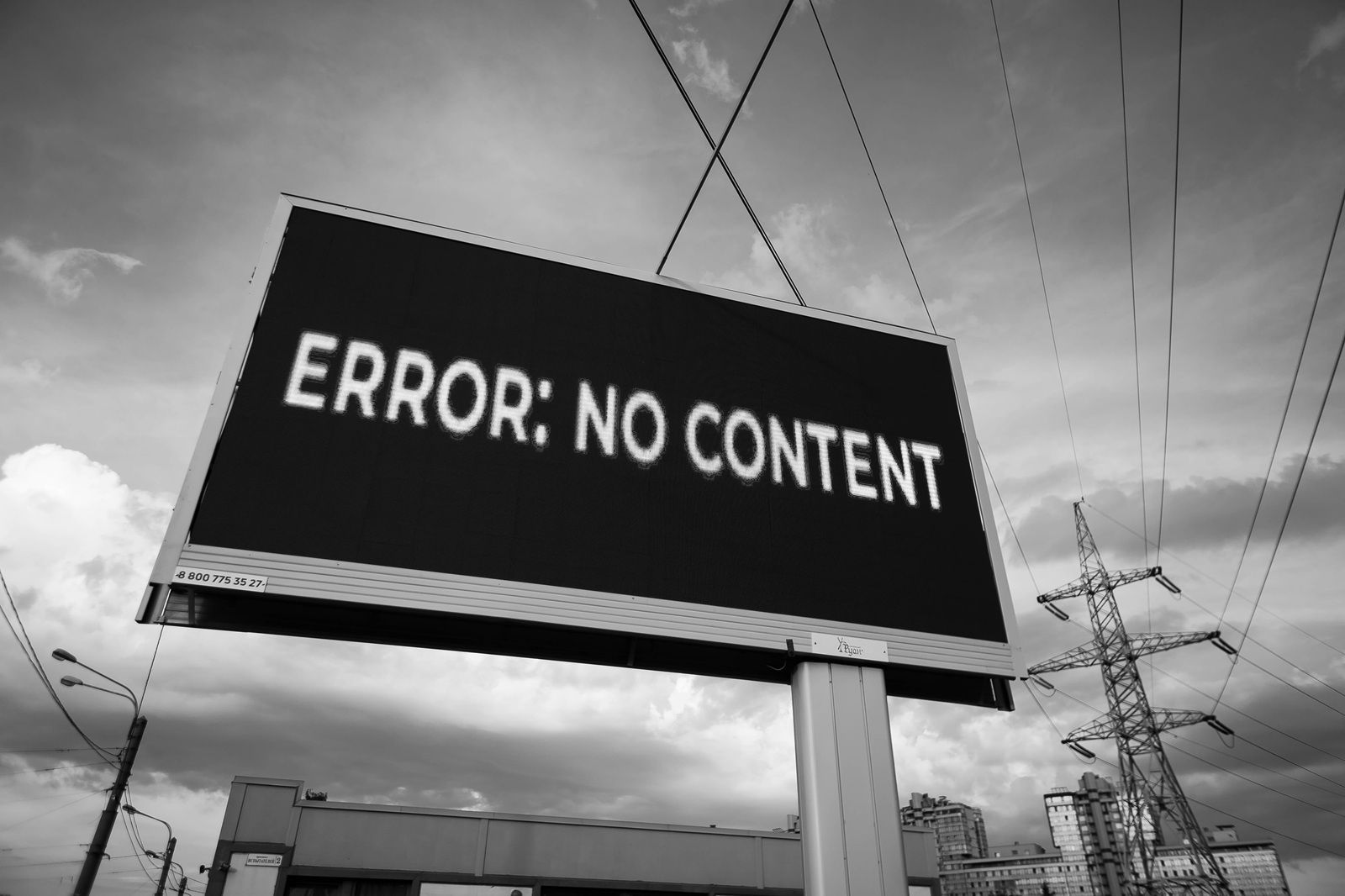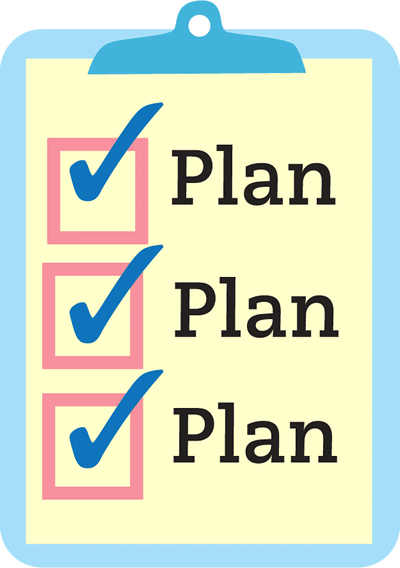- Industries we work with
- All Courses & Services
- Communication Barriers
- Unclear Technical Documents
- Ineffective SOPs and Manuals
- Disorganized Writing Structure
- Weak Peer Review Processes
- Wordy and Ineffective Documents
- Inconsistent Tone and Style
- Unfocused Proposals
- Confusing Data Communication
- Delayed Document Approvals
- Cluttered Project Communication
- Misaligned Messaging and Goals
- Presentations That Miss the Mark
- Lack of Clarity About Why Communication Is Unclear
- Uncertainty Around Why Writing Isn’t Improving
- Learning Resources
- About Us
- Contact Us
- Login
- Industries we work with
- All Courses & Services
- Communication Barriers
- Unclear Technical Documents
- Ineffective SOPs and Manuals
- Disorganized Writing Structure
- Weak Peer Review Processes
- Wordy and Ineffective Documents
- Inconsistent Tone and Style
- Unfocused Proposals
- Confusing Data Communication
- Delayed Document Approvals
- Cluttered Project Communication
- Misaligned Messaging and Goals
- Presentations That Miss the Mark
- Lack of Clarity About Why Communication Is Unclear
- Uncertainty Around Why Writing Isn’t Improving
- Learning Resources
- About Us
- Contact Us
- Login











